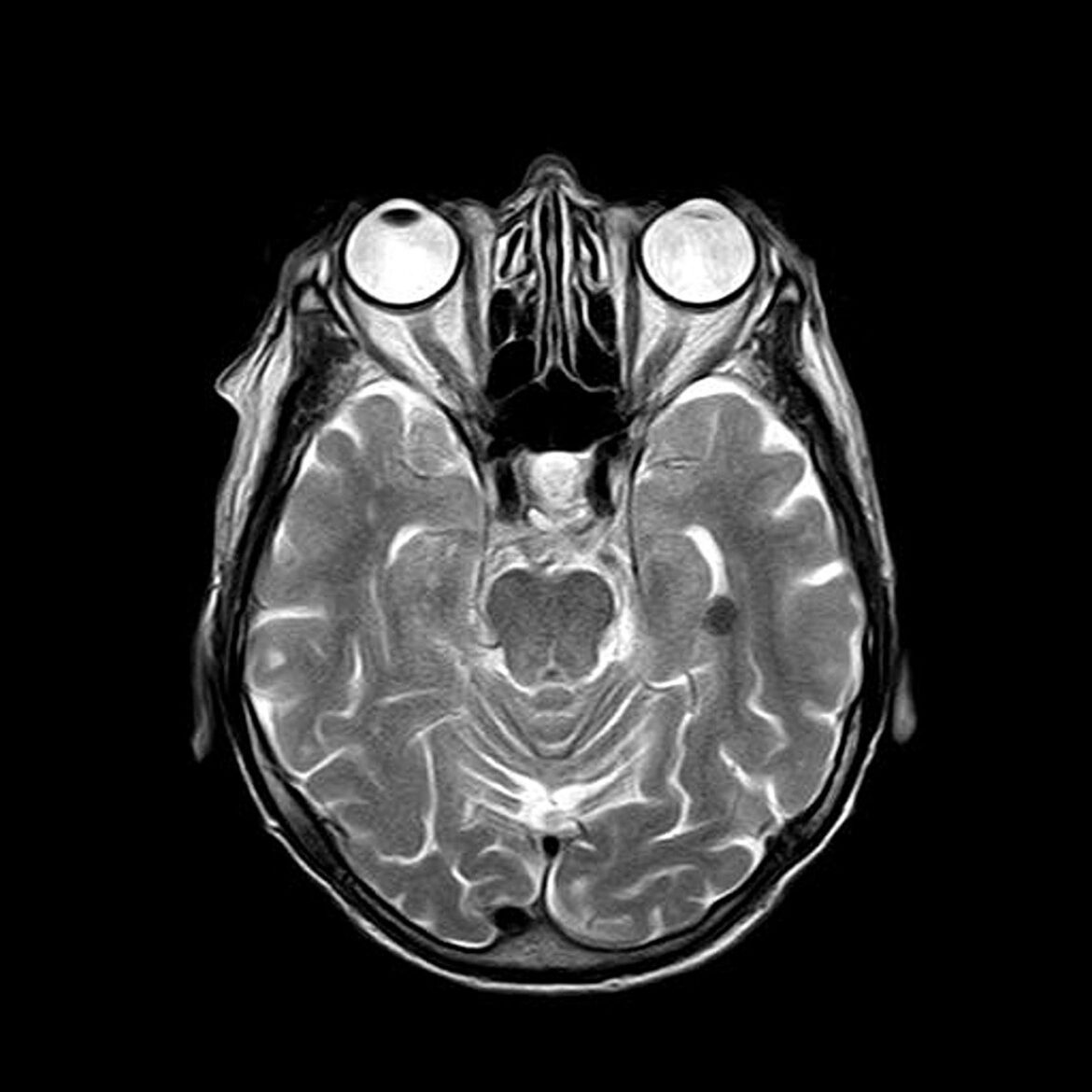Introduction
Mild traumatic brain injury (mTBI), annually affecting millions globally, is frequently underestimated in its severity and often perceived as a transient, inconsequential event. However, a burgeoning body of research contradicts this notion, revealing that even a singular incident of mTBI can precipitate profound and enduring health repercussions, notably an augmented risk of cerebrovascular accidents or strokes. This emergent evidence challenges the traditional understatement of mTBI’s long-term effects and underscores the necessity for a paradigm shift in public perception and clinical management of this condition.
The implications of mTBI extend far beyond the immediate post-injury phase, with studies demonstrating a significant correlation between mTBI and an elevated incidence of stroke. This association not only highlights the latent vascular vulnerability induced by brain trauma but also calls for an urgent reassessment of how mTBI patients are monitored and treated in the long term. By synthesizing findings from pivotal studies, this article aims to elucidate the underlying mechanisms of this link, quantify the risk magnitude, and explore its profound implications for clinical practice.
In navigating through the complexities of mTBI’s impact on cerebrovascular health, this expanded introduction sets the stage for a detailed exploration of the topic, guiding healthcare professionals towards a deeper understanding and fostering a more proactive, preventative approach in managing patients with a history of mTBI. Through this lens, we delve into the intricate interplay between neurotrauma and vascular health, aiming to arm clinicians with the knowledge necessary to mitigate the heightened risk of stroke and improve long-term outcomes for those affected by mTBI.
The Link between mTBI and Stroke
The relationship between mTBI and increased stroke risk is complex and multifaceted, involving a cascade of biological and clinical events. Recent studies have shed light on how disruptions caused by mTBI, such as altered cerebral blood flow, inflammation, and compromised blood-brain barrier integrity, can set the stage for stroke events. These disruptions are thought to initiate a series of vascular changes, including endothelial dysfunction and coagulation abnormalities, which may predispose individuals to both ischemic and hemorrhagic strokes. Furthermore, a nationwide cohort study has provided compelling evidence that patients with a history of concussion face a significantly higher risk of stroke than those without such a history, emphasizing the need for a deeper understanding of the underlying mechanisms. This body of evidence points to the critical role of vascular health monitoring and management in patients who have experienced mTBI, highlighting the intricate link between traumatic brain injury and cerebrovascular disease.
Epidemiological Evidence
Large-scale health record analyses have played a pivotal role in illuminating the connection between mTBI and stroke risk. For instance, a comprehensive study involving thousands of patients has significantly advanced our understanding by demonstrating that individuals with a history of concussion are at a higher risk of experiencing a stroke compared to those without such a history. This crucial finding holds even after adjusting for traditional stroke risk factors like hypertension, diabetes, and smoking habits, suggesting a unique and intrinsic link between mTBI and stroke vulnerability. This body of evidence not only reinforces the necessity for ongoing surveillance of individuals with a history of mTBI but also prompts a reevaluation of current clinical practices to integrate preventive strategies targeting stroke risk among this population.
Clinical Implications and Management
The clinical implications of the link between mild traumatic brain injury (mTBI) and increased stroke risk are profound, necessitating a proactive approach in the management and monitoring of patients post-concussion. This enhanced perspective involves a dual focus on immediate concussion management and long-term stroke prevention. Healthcare professionals are urged to integrate stroke risk assessment as a standard component of the evaluation for patients with a history of mTBI. This approach should encompass traditional stroke risk factors and lifestyle and pharmacological strategies specifically tailored to mitigate the elevated risk observed in these individuals. Developing and implementing comprehensive, evidence-based guidelines for post-mTBI management is crucial. These guidelines should aim to reduce stroke incidence by addressing both the neurological and vascular implications of concussion, fostering a holistic, multidisciplinary approach to patient care that spans the acute post-injury phase through long-term follow-up.
Discussion
Although the precise biological mechanisms linking mTBI to an increased stroke risk are still being elucidated, the existing body of evidence underscores a substantial correlation that cannot be overlooked. Unravelling these mechanisms is paramount for the development of nuanced, effective interventions aimed at mitigating stroke risk in individuals with a history of mTBI. Moreover, there’s a pressing need for robust public health initiatives that focus on preventing mTBI. Strategies such as enhancing sports safety protocols, advocating for the use of protective equipment, and educating the public and athletes about concussion risks are essential. These efforts could significantly reduce the incidence of mTBI and its long-term vascular consequences, ultimately improving public health outcomes.
Conclusion
Mild traumatic brain injury is a significant public health concern with implications extending beyond the immediate aftermath of the injury. The association between mTBI and an increased risk of stroke presents challenges and opportunities for healthcare professionals. By enhancing our understanding of this link and implementing effective prevention and management strategies, we can significantly impact the long-term health outcomes of individuals who have experienced mTBI.
Literature – further reading:
- Lee, YK., Lee, CW., Huang, MY. et al. Increased risk of ischemic stroke in patients with mild traumatic brain injury: a nationwide cohort study. Scand J Trauma Resusc Emerg Med 22, 66 (2014). https://doi.org/10.1186/s13049-014-0066-y
- Turner GM, McMullan C, Aiyegbusi OL, Bem D, Marshall T, Calvert M, Mant J, Belli A. Stroke risk following traumatic brain injury: Systematic review and meta-analysis. Int J Stroke. 2021 Jun;16(4):370-384. doi: 10.1177/17474930211004277. Epub 2021 Apr 4. PMID: 33705244; PMCID: PMC8193616.
- Liu SW, Huang LC, Chung WF, Chang HK, Wu JC, Chen LF, Chen YC, Huang WC, Cheng H, Lo SS. Increased Risk of Stroke in Patients of Concussion: A Nationwide Cohort Study. Int J Environ Res Public Health. 2017 Feb 25;14(3):230. doi: 10.3390/ijerph14030230. PMID: 28245607; PMCID: PMC5369066.

